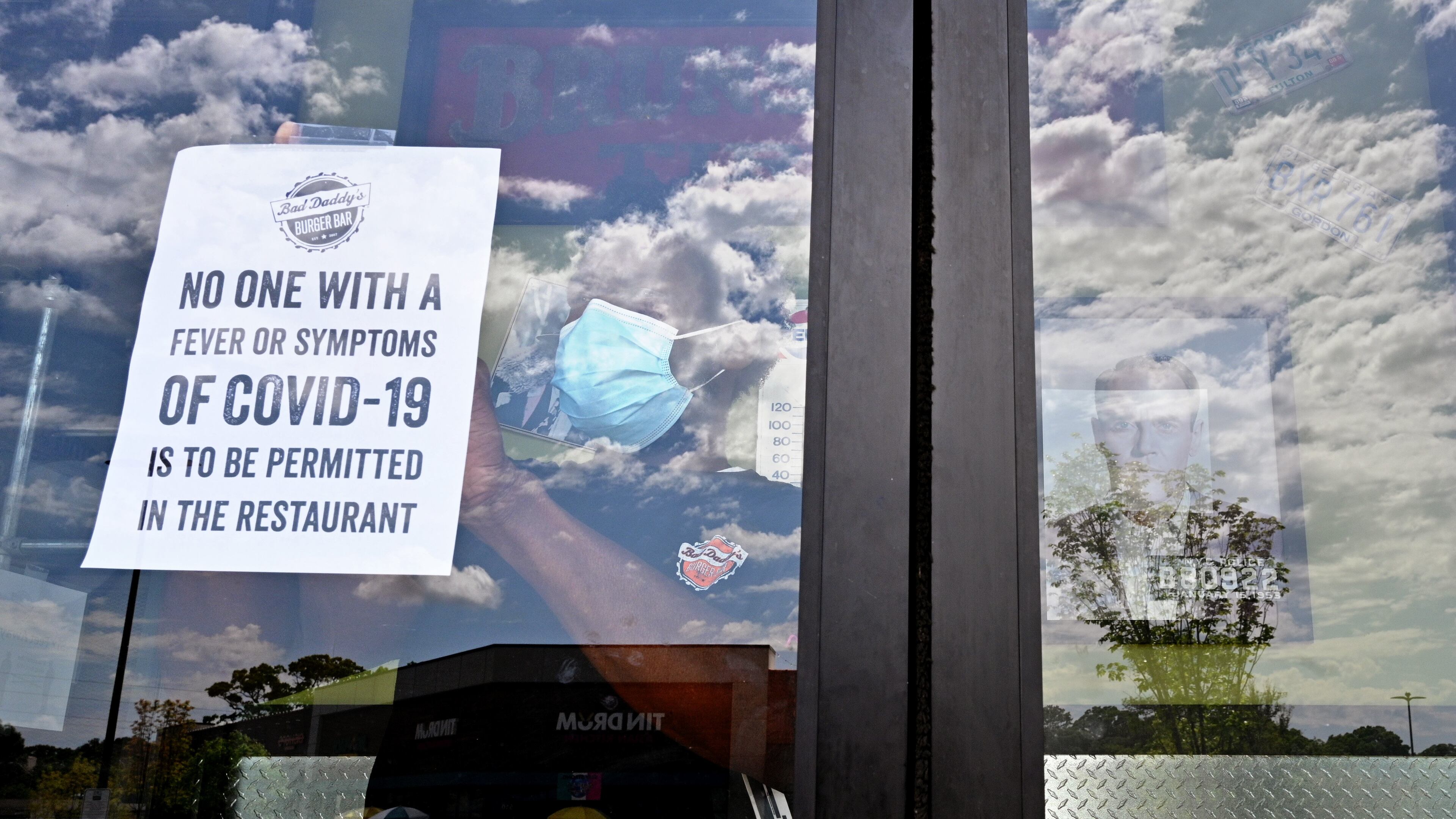Decatur has had a ‘pandemic plan’ since 2009. Here’s what it predicted

Over a decade ago, officials and public health leaders in the city of Decatur came together to draft a plan that included terms like “social distancing” and instructions for stockpiling personal protective equipment. Now it’s coming in handy.
While the state of Georgia — and many large cities around the country — had pandemic response plans, Decatur, a small- to mid-sized city, decided to put one together after the 2009 swine flu pandemic, City Manager Andrea Arnold said.
“We collectively recognized that this was something that looked like … a real threat,” she said of the 2009 drafting of the plan, when Decatur had just 18,000 residents. “This could really happen.”
Arnold, who was assistant city manager at the time, said the Centers for Disease Control and Prevention had crafted guidance for cities about how to plan for a possible pandemic, but she doesn’t remember any nearby cities of a similar size having specific pandemic protocols. (At that time, Dunwoody had just become a city, while Brookhaven, Stonecrest and Tucker had not yet incorporated.)
Decatur's document was posted as an example for pandemic preparedness on the International City Managers Association website.
Near the end of February this year, Arnold said, Decatur officials pulled out the plan (which had been updated in 2013) and began using it to craft the city’s coronavirus response.
“The plan very much guided our actions and our activity,” she said. DeKalb County officials said they have also used their pandemic response guidelines in the county’s emergency “continuity of operations” plan, which was adopted in 2017.
While Decatur’s plan did not perfectly capture the developments of the current crisis, it accurately predicted several aspects of the unfolding pandemic.
Supplies
Decatur’s pandemic plan includes a list of essential supplies including “personal protective equipment” to keep city employees safe, and says the city should stockpile supplies for government workers. Arnold said this helped the city decide what it would need when the pandemic first hit.
“Social distancing”
The document includes a section on “social distancing” protocols — a phrase that has become a normal part of our vocabulary in 2020, but was rarely used in 2009. It states that work spaces should be separated and city employees should avoid shaking hands.
“Supervisors will discourage employees from eating meals at restaurants, strongly urging them to bring lunches from home instead,” the plan states. It also details cleaning procedures for city facilities.
Teleworking
For many, working from home has become the new norm. Decatur’s pandemic plan predicted this might be the case for city employees, recommending that officials provide equipment to keep the city running remotely, including technology for virtual meetings. Decatur City Hall was closed to the public on March 17, and many employees have been working from home.
Infection rates
One of the assumptions that the plan is based on is: “As many as 30 to 50 percent of the City’s employees could become ill at the pandemic’s peak.” So far, the city has announced only one case of a Decatur employee testing positive for COVID-19.
Civil unrest?
Under the “security” section of the plan, it states that “social disruption and civil unrest” could be byproducts of a flu pandemic. That hasn’t been the case in Decatur, as Arnold said there have been no serious reports of chaos or violence as a result of the pandemic. In other parts of the country, though, large protests protesting stay-at-home orders have made headlines.
“I’ve been really proud of our community,” Arnold said. “Everyone seems to understand the seriousness of a pandemic.”
The mayor’s role
Much of the document focuses on the city’s employees and services, but during the current pandemic, local officials across the state had to make decisions that affected private businesses and residents. Those decisions, which impacted much more than just government operations, were not included in the 2009 plan.
For example, before the governor’s office put statewide guidelines in place, Decatur Mayor Patti Garrett issued a public health emergency order prohibiting on-premises dining at restaurants.
“That was uncharted territory,” Arnold said.



